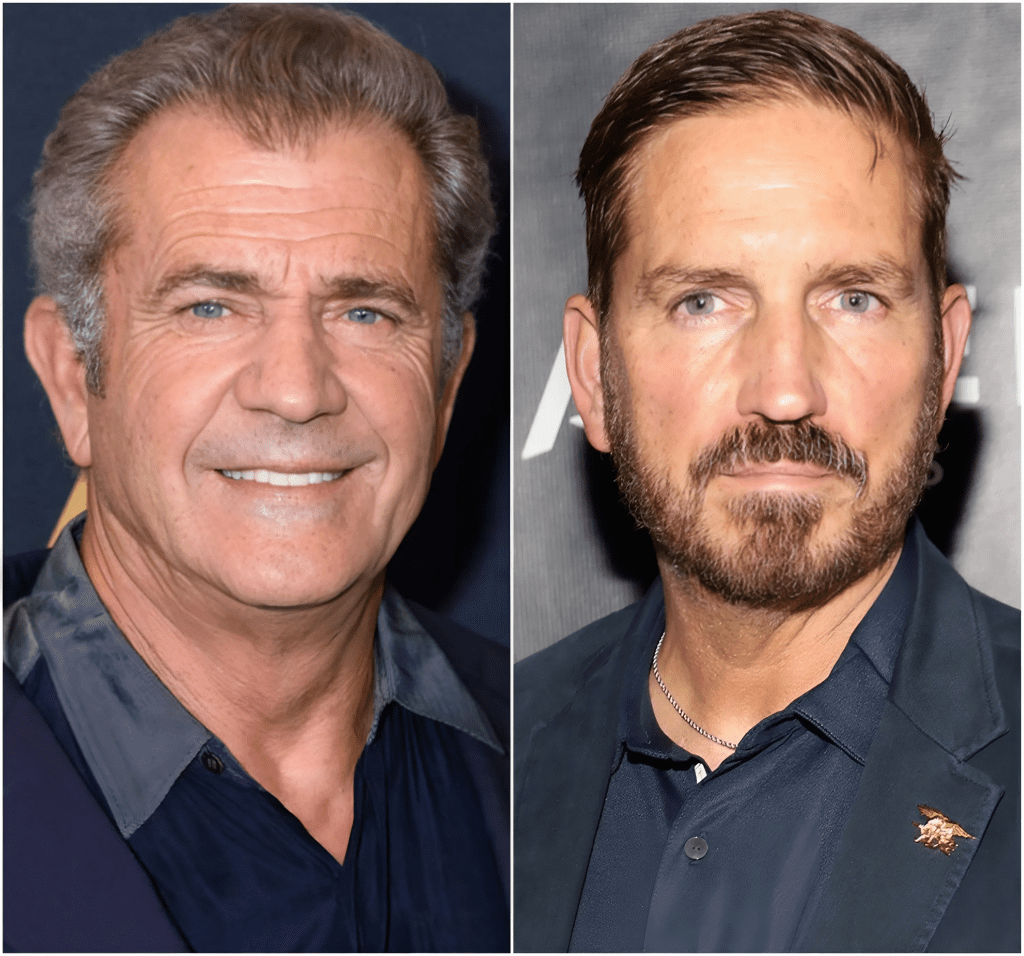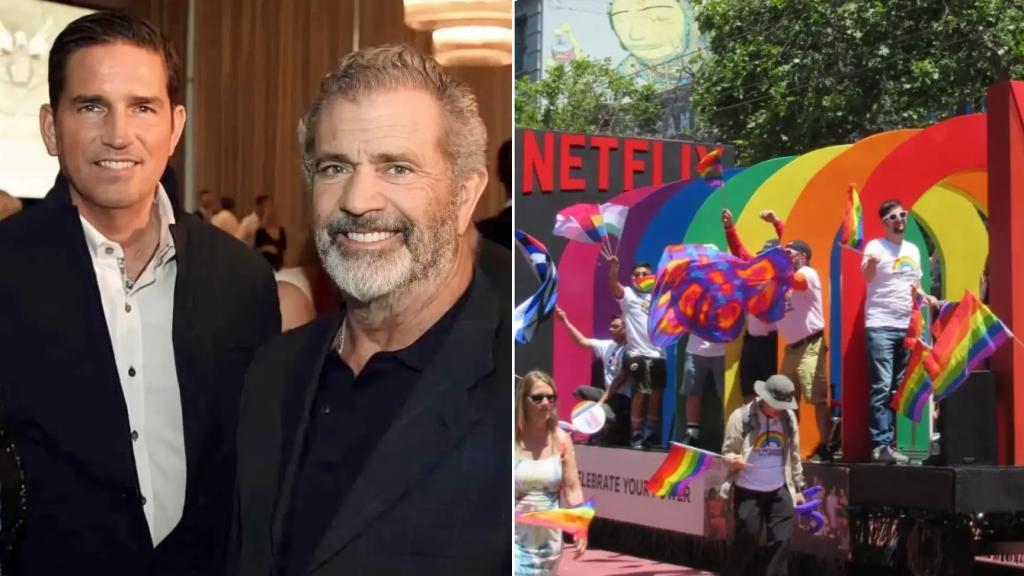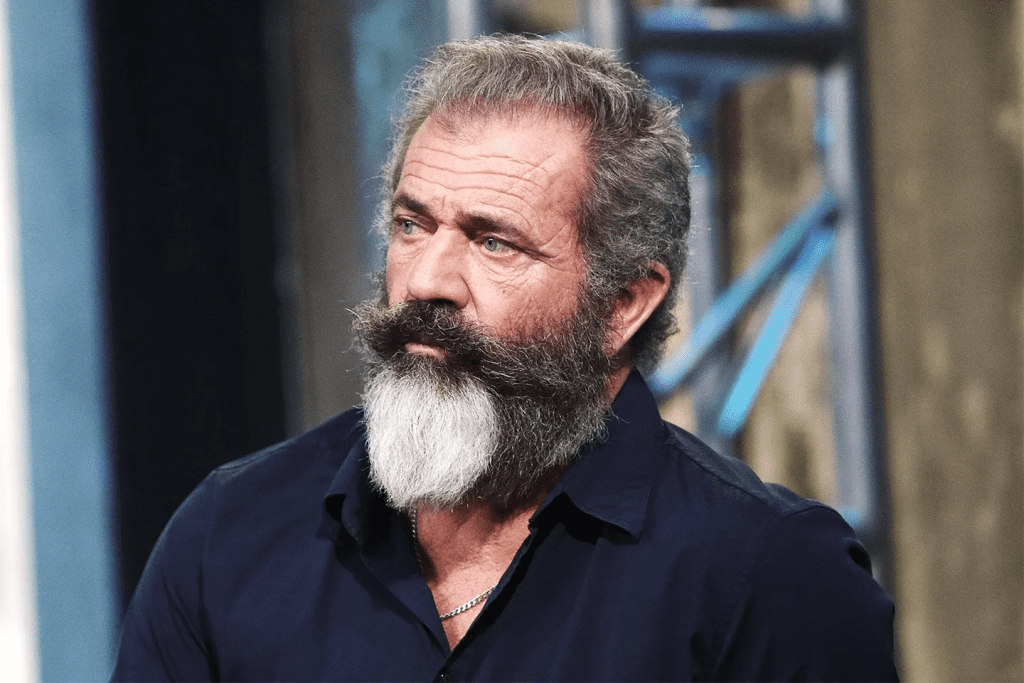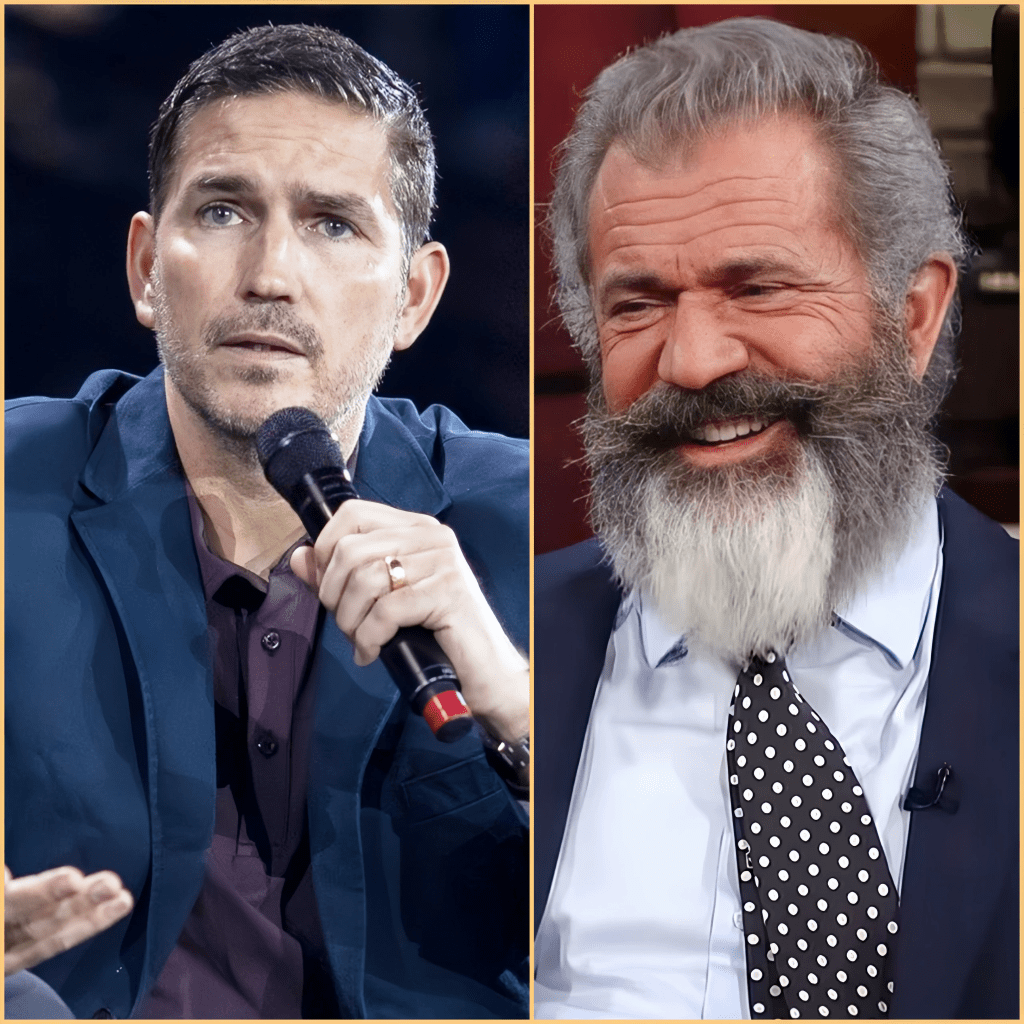
Hollywood stars Jim Caviezel and Mel Gibson have recently attracted attention for rejecting a $500 million film deal offered by Netflix. Their decision was rooted in strong opposition to the streaming giant’s increasing focus on promoting “social consciousness” and its outspoken support for causes such as Pride and other politically sensitive issues. This move has ignited a debate over the intersection of entertainment, political agendas, and artistic integrity in modern Hollywood.
At first glance, Caviezel and Gibson’s refusal might seem surprising, given the enormous financial opportunity. However, their decision is consistent with their long history of publicly opposing what they view as a cultural shift toward political correctness in the entertainment industry. Both actors have never hesitated to speak out about their personal beliefs and often use their platforms to address topics like faith, freedom, and what they perceive as the moral decline of Hollywood.
For Caviezel, known for his iconic role in The Passion of the Christ, rejecting the Netflix deal reflects his growing frustration with the industry’s embrace of progressive ideologies, particularly regarding LGBTQ+ rights and awareness. In interviews, Caviezel has repeatedly expressed his belief that modern entertainment has become overly politicized, sidelining stories that align with traditional values. His outspoken Christian faith has often put him at odds with the rising influence of progressive politics in Hollywood, and rejecting Netflix’s offer is a way for him to maintain his commitment to avoiding platforms that promote agendas contrary to his beliefs.
Similarly, Mel Gibson, who has had a contentious relationship with Hollywood due to past controversies and his outspoken views, also criticized what he sees as the industry’s over-reliance on “public consciousness.” Known for directing Braveheart and The Passion of the Christ, Gibson has long been a polarizing figure, frequently voicing his opposition to Hollywood’s liberal agendas. In rejecting the Netflix deal, Gibson echoed Caviezel’s concerns, suggesting that the entertainment industry has strayed too far from its roots by supporting social justice movements, particularly those related to LGBTQ+ rights and Pride.

The decision of both actors to turn down such a lucrative deal has sparked backlash, especially given the substantial sum of money at stake. A $500 million film project would be one of the largest deals in Netflix’s history, and their refusal is seen by some as a bold statement against what they perceive as an increasingly “conscious” culture in Hollywood. Their stance addresses not only the content of the proposed project but also what they believe Netflix represents in terms of promoting a political agenda.
Netflix, once praised for its commitment to diverse content and innovative programming, has increasingly aligned itself with progressive causes in recent years. From its outspoken support for LGBTQ+ rights to its promotion of Pride Month and other social justice initiatives, Netflix has made its political leanings clear. Many in the entertainment industry view Netflix as a leader in cultural change, championing diversity, equity, and inclusion in both its programming and corporate policies. However, this approach has drawn criticism from individuals like Caviezel and Gibson, who argue that such initiatives often come at the expense of narratives that do not align with the latest political trends.

Caviezel has been particularly vocal about the impact of this cultural shift on the types of roles available to actors who do not fit the dominant narrative. He has suggested that the pressure to conform to a “woke” agenda is stifling creative freedom, with some projects being canceled or reworked to fit a more socially acceptable narrative. By rejecting the Netflix deal, Caviezel and Gibson are demonstrating that they refuse to compromise their values for financial gain or fame.
The timing of their decision contributes to a larger conversation about the state of Hollywood and its relationship with social issues. As Pride celebrations gain more visibility and the entertainment industry emphasizes inclusivity, some argue that storytelling itself has been compromised in favor of promoting ideological agendas. For Caviezel and Gibson, this is a serious concern, as they believe that entertainment should remain a form of artistic expression rather than a vehicle for political or social causes.

Their decision serves as a reminder of the ongoing tension between creativity and commerce in today’s entertainment industry. For many actors and filmmakers, the desire to tell meaningful stories often conflicts with the realities of corporate interests and the demands of a global audience that expects content to be politically correct and inclusive. By rejecting the Netflix deal, Caviezel and Gibson are signaling that they prioritize personal integrity over financial reward, a position that many in Hollywood may struggle to understand or accept.
Ultimately, their rejection of the $500 million project is more than just a protest against Netflix’s political leanings; it reflects a broader cultural divide within the entertainment industry. As streaming platforms like Netflix continue to champion progressive causes and push for greater inclusion, the question remains whether popular actors and filmmakers like Caviezel and Gibson will continue to find a place in an increasingly “woke” Hollywood. Their decision underscores the ongoing conflict between artistic expression, ideological agendas, and the commercial realities of the 21st-century entertainment industry.


